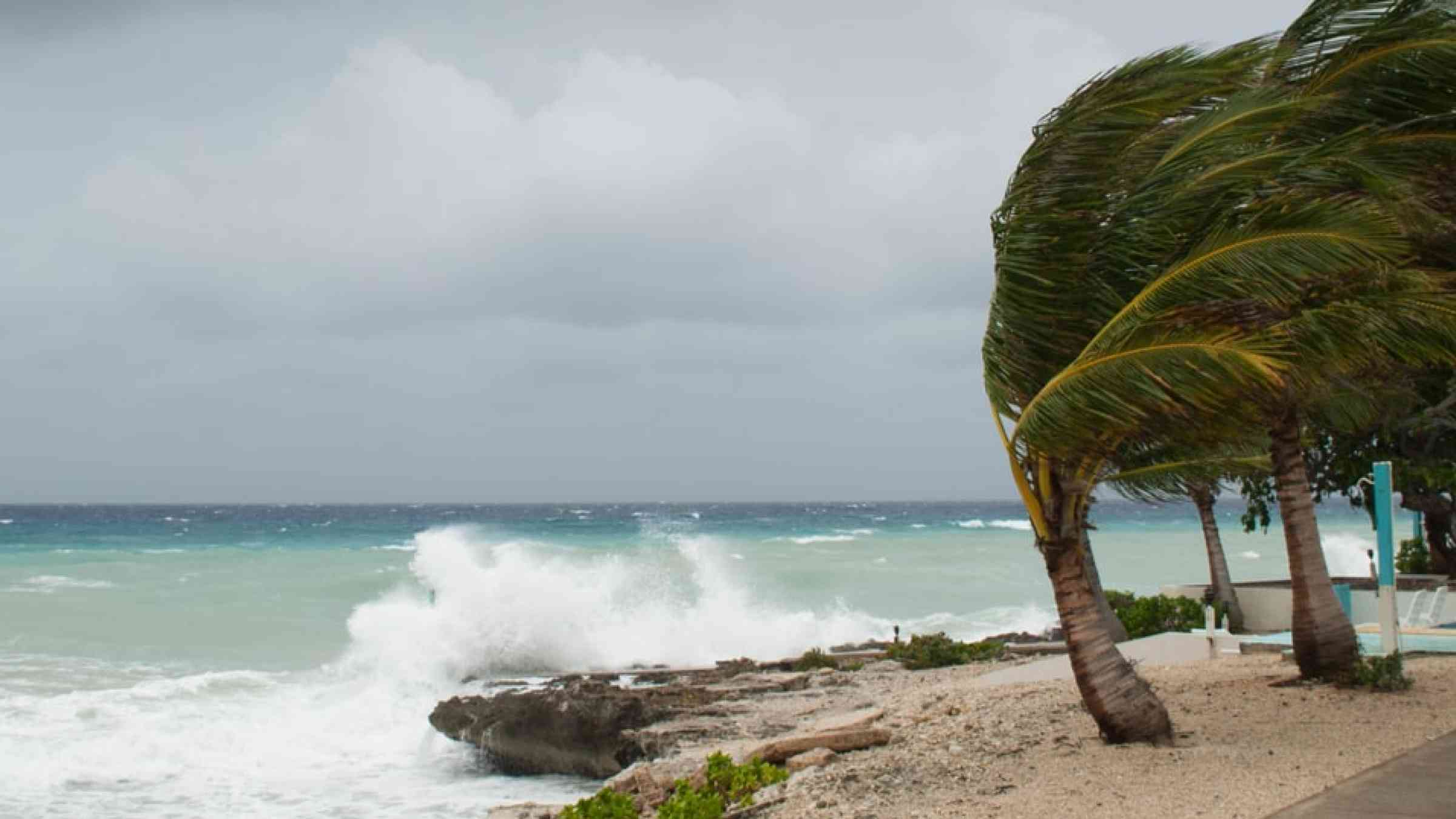UNDRR Statement for the Plenary Meeting of the Fourth International Conference on Small Island Developing States (SIDS4)

United Nations Office for Disaster Risk Reduction (UNDRR) Statement for the Plenary Meeting
Fourth International Conference on Small Island Developing States (SIDS4) 27-30 May 2024, Antigua and Barbuda
Small Island Developing States are among the most disaster-prone countries in the world. They face a disaster mortality rate more than double the global average, and disaster costs that are among the highest in the world relative to the size of their economies. In addition, many face an existential threat from the growing climate crisis.
To reduce disaster losses and achieve resilient prosperity, it is essential that every Small Island Developing State integrate disaster risk reduction into its development policies, so all decisions and investments are risk-informed. Following this guidance would help safeguard development gains from disasters, while at the same ensuring development does not worsen existing risks. This is the central call to action of the Sendai Framework for Disaster Risk Reduction, which is the global blueprint for reducing disaster losses by the year 2030.
Based on this, the UN Office for Disaster Risk Reduction (UNDRR) strongly welcomes the outcome document of the Fourth International Conference on Small Island Developing States (SIDS4), the Antigua and Barbuda Agenda for SIDS (ABAS).
This Agenda makes clear the centrality of disaster risk reduction to sustainable development in SIDS, with clear calls to action around enhancing multi-hazard early warning systems and applying UNDRR’s Principles for Resilient Infrastructure, among others.
UNDRR is committed to supporting SIDS in the implementation of this new 10-year agenda. To that end, we have prepared an Offer of Support listing the topics and services we can provide. This includes helping SIDS to enhance their capacity by prioritising their needs under initiatives such as the UN Secretary-General’s Early Warnings for All Initiative and the Santiago network for averting, minimising and addressing climate-related loss and damage. In addition, we stand ready to support SIDS to stress-test the resilience of their infrastructure systems and to support them in applying the Principles for Resilient Infrastructure.
UNDRR also calls on the international community to provide the necessary means for implementing the ABAS, including adequate funding for its DRR elements. Current levels of disaster-related investment are not at the scale to meet the need and continue to be skewed towards post-disaster response rather than proactive resilience building. As a result, SIDS often find themselves trapped in cycles of recovery with little room for resilience gains and sustainable development.
That is why UNDRR echoes the call made by the UN Secretary-General that developed countries fulfil their pledge to double adaptation financing by 2025. This is critical to ensuring SIDS have the funds they need to save lives and protect livelihoods.
Finally, we call for the establishment of a robust monitoring and evaluation mechanism for the ABAS that utilizes existing reporting frameworks. Such a mechanism is important if we are to hold ourselves accountable for tracking progress, especially around reducing disaster-related losses and damages, beyond the lifetime of the 2030 Agenda and the Sendai Framework.
In closing, UNDRR reaffirms its commitment to SIDS and commits to the implementation of the ABAS, in line with the targets and goal of the Sendai Framework for Disaster Risk Reduction. We look forward to collaborating with the UN system and Member States over the next 10 years to help SIDS achieve resilient prosperity.